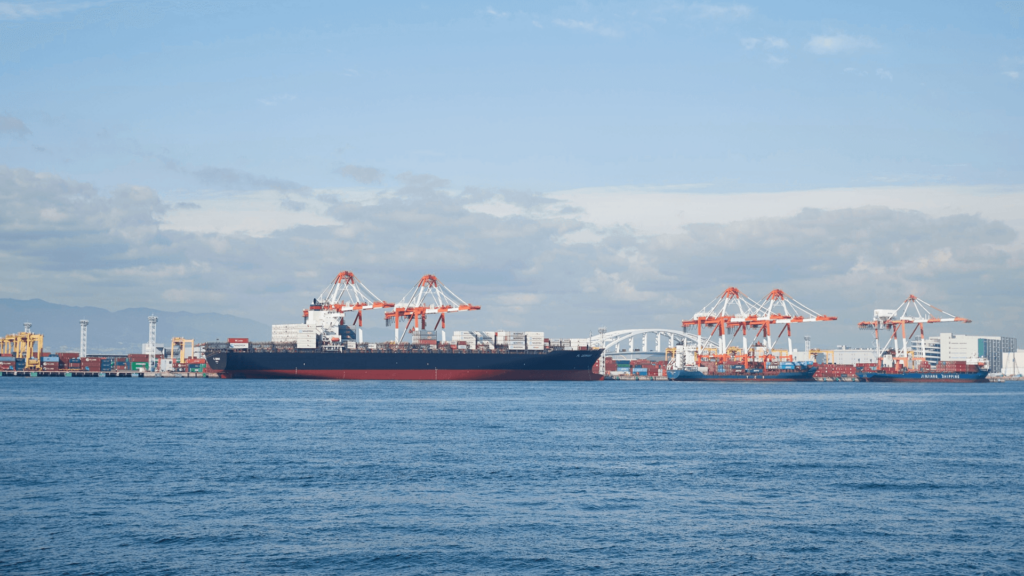
Rail has a key role to play in making EU transport more efficient and sustainable, in line with the goals of the EU’s sustainable and smart mobility strategy. Increasing passenger and cargo volumes requires investment in infrastructure but also a more efficient track capacity management, particularly for cross-border services.
Regulation (EU) 913/2010 introduced cooperation mechanisms to ensure sufficient, flexible and high quality infrastructure capacity along EU rail corridors for rail freight operators. However, the evaluation of the Regulation showed that the existing measures have not been sufficient to increase cross-border rail freight. In this light, the Regulation has not been sufficient to support the EU’s ambitious policies in the fields of transport, climate change, energy and the environment. Cross-border rail passenger traffic is on the rise, but it is still only around 10% of total traffic. In line with the European Green Deal objectives, more competitive cross-border rail services would help fight climate change, reduce local air pollution and congestion, increase safety and the energy efficiency of transport. The sustainable and smart mobility strategy envisages measures for better management and coordination of cross-border rail traffic.
On 11th July 2023 the Commission proposed a Regulation on the use of railway infrastructure capacity in the single European railway area. The Regulation includes major novelties: (1) a more active role of Infrastructure Managers in the planning of capacity; (2) new mechanisms for coordination among stakeholders for capacity planning; (3) new rules for capacity allocation, particularly in case of scarce infrastructure capacity, including socio-economic and environmental criteria; (4) more flexible timing for capacity allocation; (5) more coordination for cross-border services; (6) a Performance Review mechanism; and (7) new entities: ENIM, ENRRB, PRB, Network Coordinator.
The 23rd Florence Rail Forum will gather European – and national- regulators, industry representatives (Infrastructure Managers and Railway Undertakings) and academics for a discussion on how to better manage rail capacity in the EU. More specifically, forum participants will tackle the following issues:
(1) Capacity planning: Formalising dialogue for capacity planning and allocation. What would be the best instruments to ensure the fruitful dialogue between IMs and RUs, but also Regulatory Bodies and other stakeholders for capacity planning and allocation?
(2) Capacity allocation: Defining harmonised prioritisation criteria. How to define prioritisation criteria in case of scarce infrastructure capacity? Definition socio-economic and environmental.
(3) Track Access Charges: More harmonisation, new principles? How to harmonise TAC in the EU? What principles? What are the right incentives?
Please kindly note that participation at this Forum is by invitation only.

The 4th Florence Rail Regulation Conference aims to discuss advancements for accelerating the growth of the railways in the EU.…

The 3rd Florence Aviation Regulation Conference aims to discuss current and future economic and regulatory policies relating to European air…

The 1st Florence Maritime Regulation Conference aims to discuss regulatory advancements that accelerate the competitiveness and sustainable development of shipping,…
To meet, discuss and learn in the channel that suits you best.